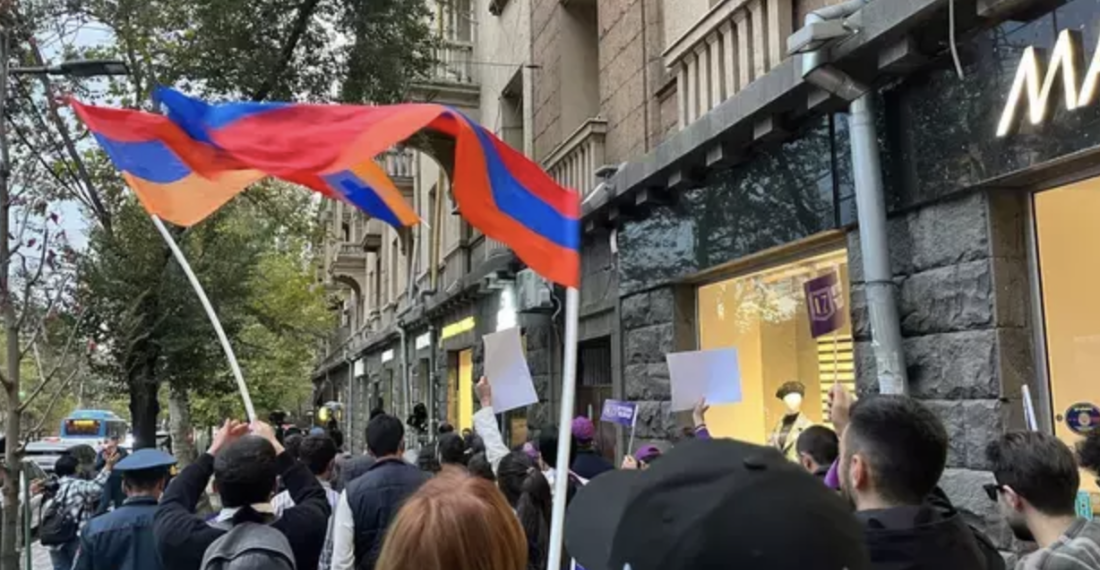On Wednesday (3 October), the Tavush movement, under the new name of the Holy Struggle, held a political rally in Yerevan's Republic Square. The movement was formed to protest against border delimitation with Azerbaijan, but also to demand the resignation of Armenian Prime Minister Nikol Pashinyan. The newly chosen name, 'Holy Struggle', is a strategic way of attracting support, particularly by exploiting its Christian overtones.
At Wednesday's rally, Holy Struggle leader Archbishop Bagrat Galstanyan announced that the protests would continue until the government resigns. He also demanded to address the nation on national television. Armenian public television agreed to conduct an interview with Galstanyan. During the interview, the rally leader criticised the Armenian government's political agenda, in particular its agreements with Azerbaijan, and called for a second rally on 6 October. Throughout the interview, Galstanyan refused to answer most of the host's questions, especially those concerning the movement's plans of action.







